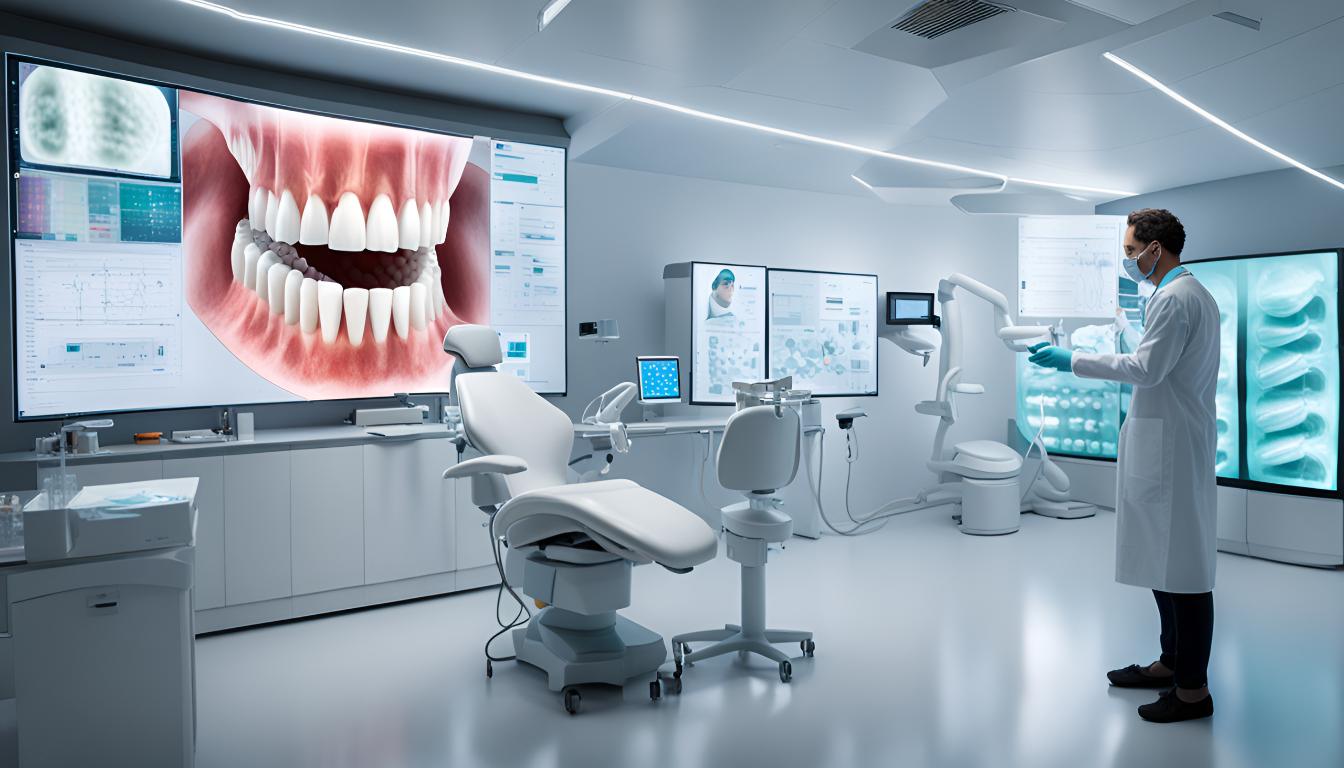Longevity, influence and the social media trap: Who do we trust with our health?
In a world where six-pack abs are flaunted more than six-point health plans, who are we really trusting […]

Imagine a future where losing a tooth isn’t permanent—where dentists can simply grow a brand-new one for you. That future may be closer than you think. Scientists from Tufts University are making groundbreaking strides in regenerative dentistry, with the possibility of growing human teeth in a lab within the next decade.
Professor Pamela Yelick and her team have successfully engineered human-like teeth using a revolutionary process that combines human and pig dental cells. The lab-grown teeth were then implanted into pigs, where they continued to develop naturally. While they’re not yet perfect in shape or size, they closely resemble real teeth, offering a promising alternative to dentures and implants.
“I 100% think regenerating human teeth can happen,” Professor Yelick said at the American Association for the Advancement of Science (AAAS) conference in Boston. “I believe we can do this in my lifetime, and I’m in my mid-60s. There are so many advances happening in technology, tissue engineering, regenerative medicine, and dentistry, and they all feed off each other.”
By the time they reach 75, nearly half of Brits are missing 10 or more teeth. Current solutions—dentures, crowns, and implants—don’t fully replicate the feel or function of natural teeth. Lab-grown teeth, however, could be a game changer.
Unlike traditional implants, these bioengineered teeth would maintain their natural nerves and blood circulation, making them more comfortable and functional. “Even after taking the cells out, freezing them, thawing them, and putting them back together, they still remember what to do and how to form little tiny teeth,” Professor Yelick explained.
The research, published in Stem Cells Translational Medicine, found that these teeth could develop within just four months once implanted. Yelick believes that eventually, the best place for them to grow would be directly in the mouth, offering a more natural solution to tooth loss.
Professor Yelick’s company, RegendoDent, is already working on bringing these innovations to the public. Their first product, RegendoGel, is a naturally grown tooth pulp designed to be used in root canal treatments. Instead of filling a tooth with standard cement, dentists could use RegendoGel to preserve nerves and blood vessels, keeping the tooth alive for longer.
The ultimate goal? To create fully functional, lab-grown tooth roots that could support crowns, fit perfectly into a person’s bite, and even resist cavities and gum disease. “We’re really thinking big,” Professor Yelick said.
The potential applications extend beyond everyday dentistry. The US Department of Defense has expressed interest in using the technology to help soldiers who suffer facial injuries on the battlefield.
With rapid advancements in regenerative medicine, losing a tooth in the future might be no more concerning than breaking a nail. If Professor Yelick’s predictions hold true, we could be just a decade away from saying goodbye to dentures and implants—and hello to a future where teeth grow back naturally.

In a world where six-pack abs are flaunted more than six-point health plans, who are we really trusting […]

In the era of social media, post-COVID, and with mental health at the forefront, a shift is taking […]